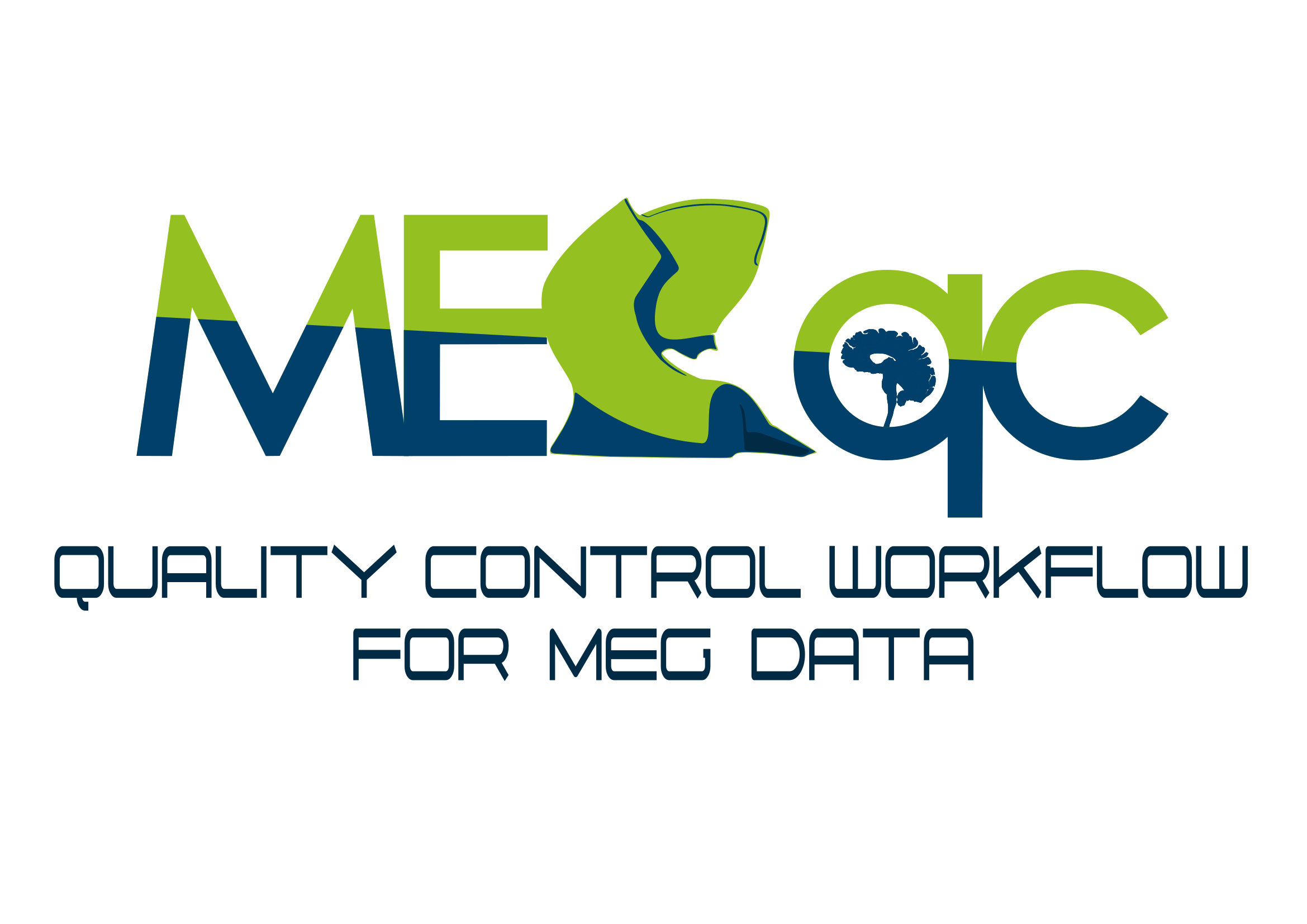Welcome!#
Hello everyone, and welcome to this MEGqc documentation. MEGqc is a Python-based pipeline for quality control of MEG data. It was developed by the Applied Neurocognitive Psychology Lab (ANCP Lab). To ensure standardization of the pipeline, MEGqc software is tailored to the BIDS standards.
This documentation includes an installation guide and a tutorial on how to run MEGqc (both for GUI and the CLI). This documentation also includes an overview of the different html reports and how to understand the Global Quality Index.
Windows update!
Currently, MEGqc runs smoothly both on Windows (x86), Linux (x86) and macOS (ARM)! 🚀
User-friendly#
To run the quality control calculations and create the reports you just need to:
Install the GUI (CLI version also available)
Provide data for evaluation (we offer a dummy dataset)
Set analysis parameters (if desired, default parameters are available)
Run the analysis
Warning
Currently, MEGqc runs smoothly with .fif files from Neuromag / Elekta / MEGIN systems, as well as BabyMEG systems.
It also supports .ctf data formats, typically stored in folders with the .ds extension.
Requirements for this tutorial#
This documentation will help you to install and run MEGqc without a deep technical knowledge. While no advanced programming knowledge is required, it’s helpful to be familiar with the following concepts:
Basic understanding of MEG data and common artifacts.
Basic knowledge of the BIDS structure
Basic understanding of BASH commands (for CLI users).
I’ve got a question!#
If you have any questions or encounter difficulties while working with MEGqc, please don’t hesitate to get in touch with us. You can send an e-mail to karel.mauricio.lopez.vilaret@uni-oldenburg.de or check a New Issue in the MEGqc github.
Acknowledgements#
This tutorial was made possible through the dedicated work of the Jupyter community, specifically, the Executable/Jupyter Book.

